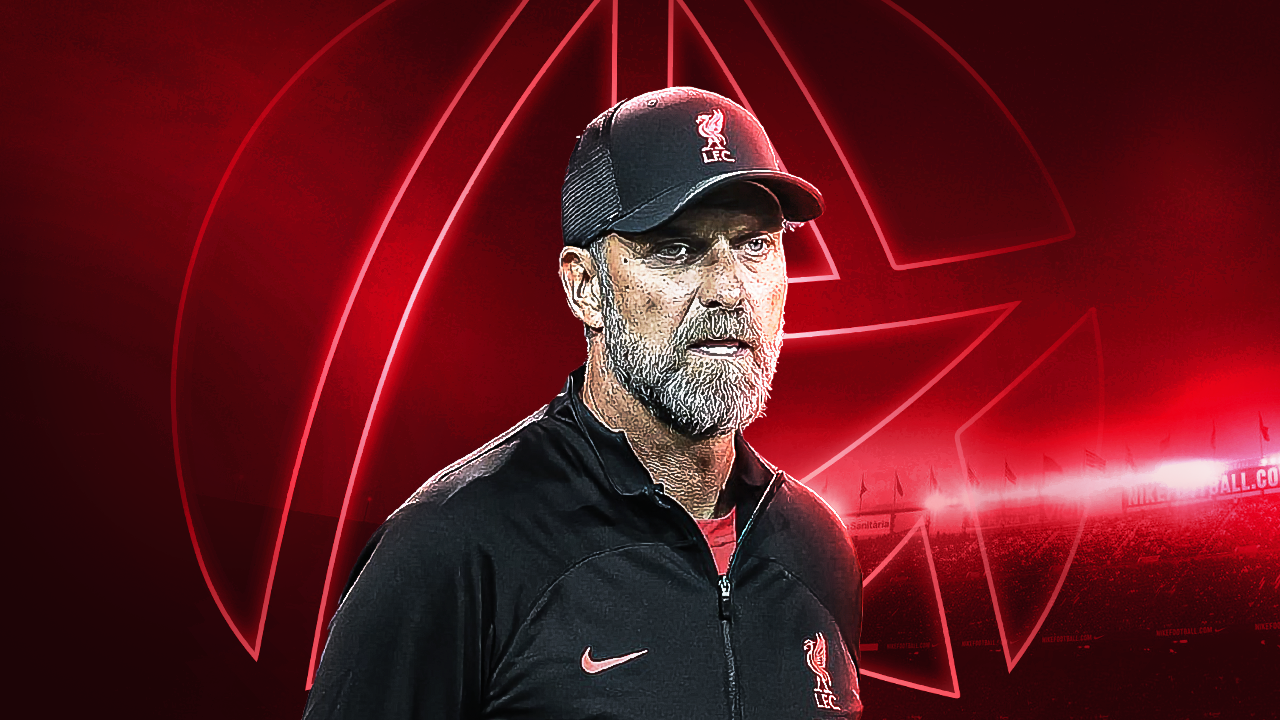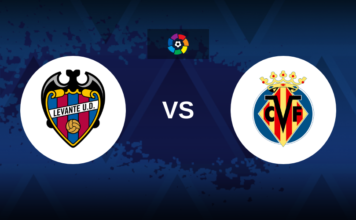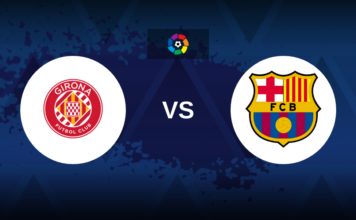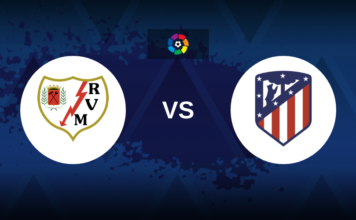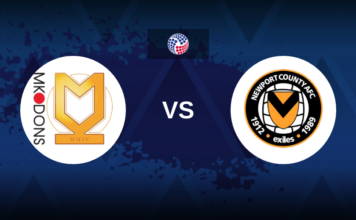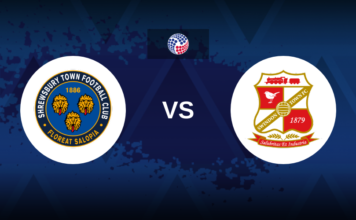For over a decade, Red Bull Salzburg dominated Austrian football with an iron fist.
Since 2005, when Red Bull controversially took over SV Austria Salzburg, they reshaped the club into an unstoppable force, winning 14 out of 17 league titles and securing 10 consecutive championships between 2013 and 2023.
However, in 2023, their reign collapsed. For the first time in over a decade, Sturm Graz dethroned Salzburg, and now, midway through the 2024 season, Salzburg is struggling in fourth place, a shadow of its former self. How did the most dominant team in Austria fall so dramatically?
1. Red Bull’s Rise to Power
A Takeover That Divided Austrian Football
When Red Bull purchased SV Austria Salzburg in 2005, they didn’t just inject money into the club—they erased its history. The name, colors, badge, and traditions were all discarded in favor of Red Bull’s branding, alienating a huge portion of the club’s original supporters. Many fans left and formed their own club, SV Austria Salzburg, which still exists today in Austria’s third division.
Despite the backlash, Red Bull spent aggressively, signing major names and hiring high-profile managers. Success came quickly, but it wasn’t until Ralf Rangnick arrived in 2012 that the club truly revolutionized Austrian football.
The Rangnick Revolution
Rangnick, one of the most influential football minds in modern European football, overhauled Red Bull Salzburg’s approach. Instead of simply buying big names, the club developed a youth-focused, high-pressing playing style. Salzburg became a talent factory, producing stars like:
- Erling Haaland (now at Manchester City)
- Sadio Mané (Bayern Munich, Liverpool)
- Dominik Szoboszlai (Liverpool)
- Benjamin Šeško (RB Leipzig)
- Naby Keïta (Liverpool)
Rangnick’s vision also saw the creation of a multi-club system, with RB Leipzig becoming the “big brother” club while Salzburg focused on developing and selling young players. This strategy led to unprecedented dominance in Austria and strong performances in Europe, including a Europa League semi-final in 2018 and multiple Champions League knockout stage appearances.
2. The Cracks Begin to Show
Even during Salzburg’s peak years, concerns about sustainability lingered. Their success was built on constantly replacing departing stars, but by 2023, the system was starting to break down.
Key Figures Depart
The biggest blow came in 2023 when sporting director Christoph Freund—the architect of Salzburg’s player recruitment—left for Bayern Munich. This was followed by an exodus of key players, including:
- Benjamin Šeško (RB Leipzig)
- Nicolas Seiwald (RB Leipzig)
- Noah Okafor (AC Milan)
- Strahinja Pavlović (AC Milan)
- Junior Adamu (Freiburg)
Unlike in previous years, Salzburg failed to adequately replace these players, leading to a squad that lacked the firepower and leadership to maintain their dominance.
Poor Managerial Appointments
As player quality declined, Salzburg’s managerial appointments became increasingly unstable:
- Matthias Jaissle (2021–2023): Left under controversial circumstances after secret talks with a Saudi club.
- Gerhard Struber (2023): Fired after just a few months due to poor results.
- Pep Lijnders (2023–2024): The former Liverpool assistant manager experimented with radical tactics, alienated players, and was sacked after a disastrous start.
- Thomas Leitsch (2024–present): Appointed mid-season but has struggled to turn things around.
This instability led to Salzburg’s worst run of results in over a decade, including their lowest-ever Champions League finish, failing to win a single home game in the 2023/24 group stage.
3. The Rise of Sturm Graz and Other Rivals
Salzburg’s decline has coincided with the emergence of genuine competition in Austria. Sturm Graz, in particular, has risen as a serious challenger, winning:
- The Austrian Bundesliga in 2023
- Back-to-back Austrian Cups (2023, 2024)
- A place in the 2024/25 Champions League group stage
Unlike Salzburg, Sturm Graz has kept key players and built a strong tactical identity under Christian Ilzer, using clever recruitment rather than a revolving-door transfer policy.
Meanwhile, Rapid Vienna and LASK have also strengthened, further reducing Salzburg’s domestic dominance.
4. The Fan Problem: An Unloved Giant
Despite years of success, Red Bull Salzburg has never been truly loved in Austria. Their stadium, the Red Bull Arena, has a 30,000-seat capacity, yet average attendance has dropped below 8,000 in the 2023/24 season.
This lack of fan engagement has long been a weakness for Salzburg. Even when they were winning titles, they couldn’t attract the same passion as clubs like Sturm Graz and Rapid Vienna. Now, with their dominance slipping, the lack of a devoted fanbase is making their struggles even more painful.
5. What Next for Red Bull Salzburg?
Can They Recover?
Despite their downfall, Salzburg still has the financial power, infrastructure, and global scouting network to reclaim their throne. If they make better decisions—both in recruitment and managerial appointments—they can return to the top.
However, Austrian football has changed. The gap between Salzburg and the rest of the league is no longer as vast as it once was. Clubs like Sturm Graz have found ways to compete, and Salzburg’s identity crisis may take time to fix.
Is Red Bull’s Football Empire Crumbling?
Salzburg’s struggles are not isolated. Other Red Bull clubs are also in decline:
- RB Leipzig (Germany): Currently underperforming in 6th place in the Bundesliga.
- RB Bragantino (Brazil): Narrowly avoided relegation in 2023.
- RB New York (USA): The only club not in decline but still far from elite.
- RB Salzburg’s feeder club Liefering (Austria): Struggling in 10th place in the second division.
Red Bull’s multi-club system, once seen as a revolutionary model, is now showing signs of failure. With other major brands reluctant to copy Red Bull’s approach, their football empire may be facing its biggest crisis yet.
Conclusion: The End of an Era?
Red Bull Salzburg’s decade of dominance was built on a ruthless recruitment model, but in 2023, the cracks finally became too big to ignore. The departure of key figures, poor managerial decisions, and a failure to replace outgoing stars has left the club vulnerable. Meanwhile, Austrian football has evolved, with clubs like Sturm Graz now capable of challenging them.
While it is too soon to say whether this is the permanent end of Red Bull Salzburg’s dominance, one thing is clear: they are no longer untouchable. For the first time in over a decade, Austrian football is experiencing something that once seemed impossible—a league where Red Bull Salzburg is just another contender, rather than the inevitable champion.
